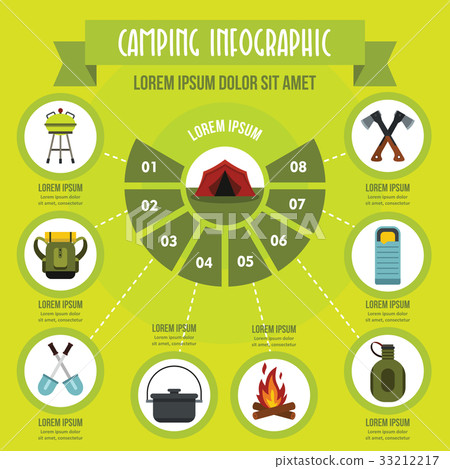Door Placement Gable End Vs Side Wall
How Frame Product Influences Tent ToughnessTent resilience is vital to ensuring risk-free, effective occasions. From frame products to anchoring systems, every aspect of a camping tent influences its stability and durability in different climate condition.
In gusty locations, framework tents are a lot more stable than century pole outdoors tents. Their rigid structures spread stress evenly, minimizing the risk of failing in one location during solid gusts.
Steel
Picking the best framework material depends upon the level of sturdiness needed for a provided application. For instance, a canopy camping tent utilized for wintertime outdoor camping needs to be durable enough to handle snow buildup and freezing temperature levels. In such situations, steel metal frames may be more suitable to light weight aluminum ones.
Steel has a lower first price than aluminum yet needs corrosion defense and regular upkeep to continue to be durable. Nevertheless, it has a greater tensile strength than light weight aluminum and can sustain even more weight.
Event hosts can prolong the life-span of their camping tents by applying water resistant therapies and conducting routine evaluations for indications of damage. This can considerably boost their sturdiness for a series of climate condition, making them suitable for different occasions. With proper upkeep and use, both pole and frame tents can provide longevity for 5 to 10 years. They can be a reputable selection for formal events and outside wedding events.
Light weight aluminum
Unlike steel structures, light weight aluminum is normally immune to corrosion and rust. When coupled with sturdy textile products, light weight aluminum camping tents can maintain their stability and longevity for several years ahead. This durability decreases upkeep expenditures and permits clients to buy costs, long-lasting high-end tents that include value to their occasion framework.
Steel framework outdoors tents are most likely to bend under severe weather conditions, which can harm their architectural stability. Nonetheless, if they are properly treated with anti-corrosion coverings, they can hold up against the same problems as light weight aluminum tents. This makes them an ideal choice for usage in high-stress settings that need a more powerful, extra long lasting framework.
Furthermore, steel structures have a higher compressive toughness than aluminum. This means that they can hold up against higher amounts of pressure without bending, which is essential for large-span applications like airplane hangars. However, steel can be costly to work with due to the fact that it needs specialized tools and devices. This can make it more difficult to establish a steel framework outdoor tents, which may increase labor expenses and result in raised insurance coverage premiums.
Wood
A strong camping tent framework is critical to ensuring the safety of event attendees and campers alike. The right camping tent product and framework type can additionally help you reduce repair service prices by resisting damage from harsh environmental conditions.
For example, century pole tents use a central post to sustain the cover from above, which places more tension on one particular element during strong winds or unfavorable weather. Mount outdoors tents, on the other hand, make use of aluminum or steel beams in a grid-like pattern to distribute pressure uniformly throughout the whole structure.
This even distribution of load also helps reduce movement or shifting in windy weather, making frame tents more stable than pole outdoors tents in numerous surface and surface problems. Picking a top quality weather resistance frame product in addition to solid cover materials and safe anchoring systems additionally improves the toughness of your outdoor tents, shielding it versus damages or architectural failure. This causes less pricey repairs or interruptions during essential occasions.
Textile
The fabric used in a tent influences exactly how well it withstands different climate condition. As a whole, heavier materials use far better durability than lighter materials. As an example, cotton-based canvas tents stand up to windy atmospheres as a result of their remarkable stamina and resistance to deterioration. They additionally feature good breathability to regulate interior temperatures and reduce condensation degrees. Nonetheless, they are rather hefty, which may prevent mobility for hikers and backpackers.
Nylon tents are especially light, making them ideal for treking and various other tasks that require transportability. Nylon is additionally a resilient and durable material, guaranteeing that the tent holds up to the aspects. However, it may be susceptible to moisture and condensation, which can lead to mildew or mold growth.
Event hosts need to take into consideration their expected weather when choosing a tent. Framework camping tents exceed post camping tents in severe weather conditions, using greater security and strength for an extra reputable sanctuary. With routine care and assessment, such as cleaning the tent textile and checking the aluminum or steel structure connections, these outdoors tents can last 10 to 15 years or more.
